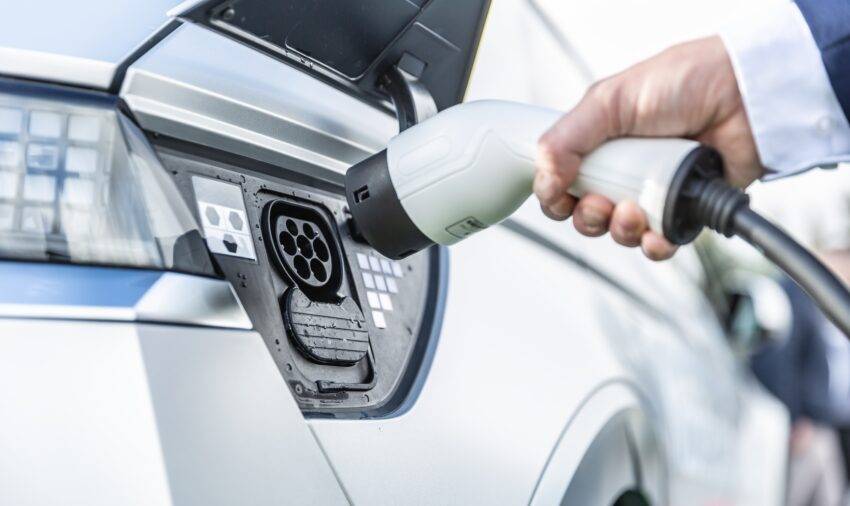The question of whether electric vehicles (EVs) represent a smart investment or an unnecessary cost for businesses is more relevant than ever.
The short answer is that, while the initial costs of switching to EVs may appear high, the long-term financial, reputational, and environmental benefits increasingly outweigh traditional fleet options.
Companies adopting EVs gain a competitive advantage through reduced running costs, tax incentives, and a stronger sustainability profile. However, businesses must carefully evaluate maintenance factors, such as charging infrastructure and tire wear, before committing.
According to a FleetNews 2025 report, the average running costs of an EV are £1,154 per year, compared to £2,316 for a comparable petrol car. That’s nearly a 50% saving, driven by cheaper electricity, lower maintenance, and reduced taxes.
Financial Benefits of EV Adoption
Electric vehicles are often considered expensive due to their higher purchase price. However, businesses should assess the broader financial implications. Lower fuel costs, reduced maintenance, and government subsidies make EVs a practical long-term investment.
According to AUTODOC experts, EVs require fewer mechanical repairs because they have fewer moving parts compared to internal combustion engine (ICE) vehicles. The absence of oil changes, exhaust system repairs, and reduced brake wear contribute to significant savings.
Research across Europe also shows that in many segments, the Total Cost of Ownership (TCO) for EVs is becoming more competitive than ICE alternatives, particularly in mid-range and premium sectors. In the UK, the average monthly TCO for EVs is £615, one of the lowest in Europe.
Operational Considerations
One often-overlooked aspect of EV fleet operations is tire wear. Due to the instant torque of EVs, tires are exposed to greater strain, particularly during rapid starts. Businesses are therefore opting for premium low-profile tires to balance performance and longevity. For example, solutions such as 215 35 R16 tires provide improved traction and handling, which helps minimize unexpected costs and ensures safer fleet operation.
Reputational Benefits
Beyond financials, companies adopting EVs benefit from reputational gains. Sustainability is no longer optional—it’s a business imperative. An EV fleet signals environmental responsibility, appealing to stakeholders, clients, and investors.
Research across Europe also shows that in many segments, the Total Cost of Ownership (TCO) for EVs is becoming more competitive than ICE alternatives, particularly in mid-range and premium sectors. In the UK, the average monthly TCO for EVs is £615, one of the lowest in Europe.
Government Support
Governments across Europe and the UK provide subsidies and tax advantages for businesses switching to EV fleets. These benefits further reduce the payback period and encourage companies to invest sooner rather than later.
The UK government has introduced a £700 million package to boost EV adoption, including expanding charging infrastructure and supporting businesses that integrate EVs into their fleets. Incentives like the Plug-in Car Grant and Plug-in Van Grant continue to reduce purchase costs, shortening the payback period for companies.
Also, compared to conventional cars, the savings on transportation tax are very significant.
The Bigger Picture
Ultimately, EVs in business fleets are not just about immediate cost savings—they represent a strategic step toward a sustainable future. By combining reduced operating costs, improved corporate reputation, and government support, the transition to electric vehicles is proving to be a strong business case rather than a financial burden.
Despite higher upfront costs, operational savings and government incentives reduce overall expenditure over time, eventually surpassing ICE vehicle cost efficiency.
Sources:
215 35 R16 tire specifications – onlinecarparts.co.uk


